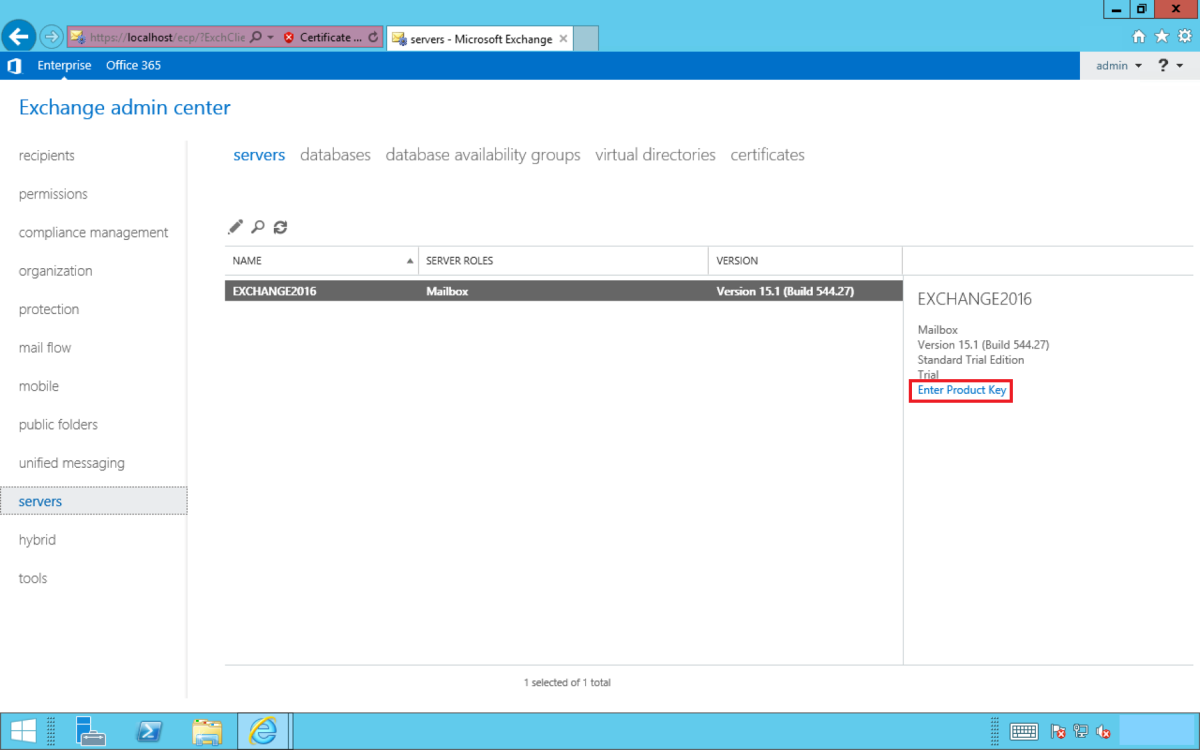Is it safe to open our e-mails?

E-mails can be dangerous to your health. (Your technical health that is)
Do you click without thought?
In this day and age of electronics and smart technology, can we really be sure our e-mails are safe? No, sadly we can’t. As the technological world becomes more and more complicated, they are actually making it easier for hackers to get into private information. There are viruses; trojans; businesses selling information; scammers and spammers. And every time we log onto the internet, our information is stored somewhere; somewhere that hackers know how to access. There is very little technology out there to protect us from these things because they are changing so fast. The moment you delete and mark as spam one address, three more are created and sent out. The moment a protection program is created, hackers have six new viruses lined up. How can we protect ourselves from such ever changing scams? By keeping ourselves knowledgeable about the people with whom we have contact with AND paying attention to the little details!

Let’s say this is a typical scenario (I know, not really, but, hey, bear with me okay?):
You have been at work all day. You come home, tired and worn out. You make a quick dinner (something you stick in the microwave so it’s quick). Then you sit in front of your computer to read your day’s e-mails. Sitting in the middle of the list is an e-mail from someone you haven’t seen in ages, but to whom you used to be very close. Happily, you open the e-mail anticipating an update on their doings and perhaps a renewal of your friendship. The e-mail says the usual “hi, haven’t seen ya for a while” but then there is “click the link below to see what I have been doing”. Should you click it? The answer is an emphatic NO! NO! NO! Red flags should be going off in your head as soon as you see that link. No friend would have you “click a link” like that to “see how or what they are doing”! They would put the information right in the e-mail. Besides, if you haven't been in touch with them in a long time, how did they get your e-mail unless you gave it to them?
Scammers, hackers, and crooks will do anything...
Sadly, they will use anything they can find to get information about people (and yes the information is out there no matter how hard you try to hide it). High school attendance records are available in school computers. Libraries and credit card companies have everything on file in their computers. Companies sell e-mail addresses to make money. Spammers can use technology to send out bulk e-mails and record which ones come back as undeliverable and which ones actually made it to a destination. The ones that made it are now open to scamming. And these addresses are sold all over the world. So, even if you delete it, the address was accepted and that opens you up for scamming. Then there are the bank computers with all of your info, the IRS with everything about you, the government computers with everything you’ve done since you were born. So many things out there with your name and personal information; and, you can’t protect it all!
Information can be gathered from:
Bank
| Store
| Credit card
|
|---|---|---|
Checking
| Savings card
| Rotating credit
|
Savings
| Instore coupons
| Open Balances
|
Debit card
| personalized offers
| Finance charges
|
The list can include Mortgages, car loans and more.
Even accounts you have no control over have your information.
Search engines list e-mails and IP addresses in their caches (along with things we don’t know about). Hackers can put in an inquiry for something beginning with just one letter and they have contact information for hundreds, maybe even thousands, of unsuspecting people. They then use that information to get you to download their link. That, in turn, downloads viruses or adware that will give them everything they need to steal your identity or buy things using, say, your PayPal account.
When you read your e-mails, try asking yourself a few questions BEFORE you click:
Do you know the person sending you the e-mail? Is the person someone you regularly have contact with? Are they someone you speak to all the time? If not, then you might want to be very careful opening that e-mail. People don’t usually send out random e-mails to “long lost friends”. If they really wanted to get in touch with you they might try a social network or looking you up in the phone directory.
Have you been in contact with this person in the last few weeks? If you have been in contact with this person, then why are they saying “long time no see”, or “just thought I’d drop you a line”? Or why are they suddenly sending you a link when they could have told you about it at work? Read the words before you click and think about why they are being sent to you.
Read Before You Open!
Hmmm, this doesn't sound right....
If you receive e-mails from people that don’t sound right, what should you do? Well, if you receive an e-mail from someone whose address is incorrect, or the dialect isn’t right, or they have asked you to click on a suspicious link, or whatever the reason, the e-mail seems to be ‘wrong’ somehow, then you should contact the person, by phone or a new e-mail, and ask them if they sent it. Sadly, if a friend’s e-mail has been hacked, someone could actually be sending out e-mails from their address without the person knowing it. They will need to change their passwords and possibly their e-mail!
Suspicious e-mails need to be reported!
You can mark them as “spam” on your e-mail set up and that gives your e-mail supplier a heads up, but you might also want to notify whoever the e-mail is imitating. Such as: You get an e-mail from a company called “Techtronics”, and you have done business with them before. But this e-mail says to click on the link below because your information has been compromised and they need you to verify it. That doesn’t sound right, so you close the e-mail and contact the number you have on file for Techtronics. They have not sent any e-mails; and they have a strict policy against asking for personal information via e-mail. They will need to see a copy of the e-mail you received so they can have it removed from the internet. Once you have reported the e-mail, be sure to delete it and the run your anti virus program.
Read the address and think before you click.....
Take the time to read and think about what you are getting in your e-mail. Of course, we always feel that only those we know will have our e-mail, but that just isn’t true. In fact, how many times have you opened your e-mail and received something that said “New Singles In Your Area, Click Here” or “You’ve just won a vacation for two to the Bahamas”. Where do you think these companies got your e-mail address? It was probably sold to them by someone else who had a legitimate reason for having it.
In summary, here are the things to look out for!
If you receive an e-mail
- asking for any personal information
- asking for your passwords or social security number
- asking for you to click on a link
- that doesn’t have the right address or nick name listed
- that simply doesn’t sound right
- that simply doesn’t look right
- that has an offer that sounds too good to be true
- that tells you your information has been compromised
- that tells you to send money for something that you have won, earned, etc.
- that tells you that you won something--please send shipping and handling fees to claim….
- that says you won a contest you didn’t enter
- that says anything that sounds “wrong”
Then you should be checking with the person or company using the information you have on hand and/or notify them that they are being used for scamming.
Are you ready to "think it out before you click it open"?
As an e-mailer-you should have the following motto:
Think it out before you click it open!!!!!
- Free Images - Pixabay
Over 540,000 high quality photos, illustrations, and vector graphics. Free for commercial use. No attribution required.
© 2012 Cheryl Simonds







